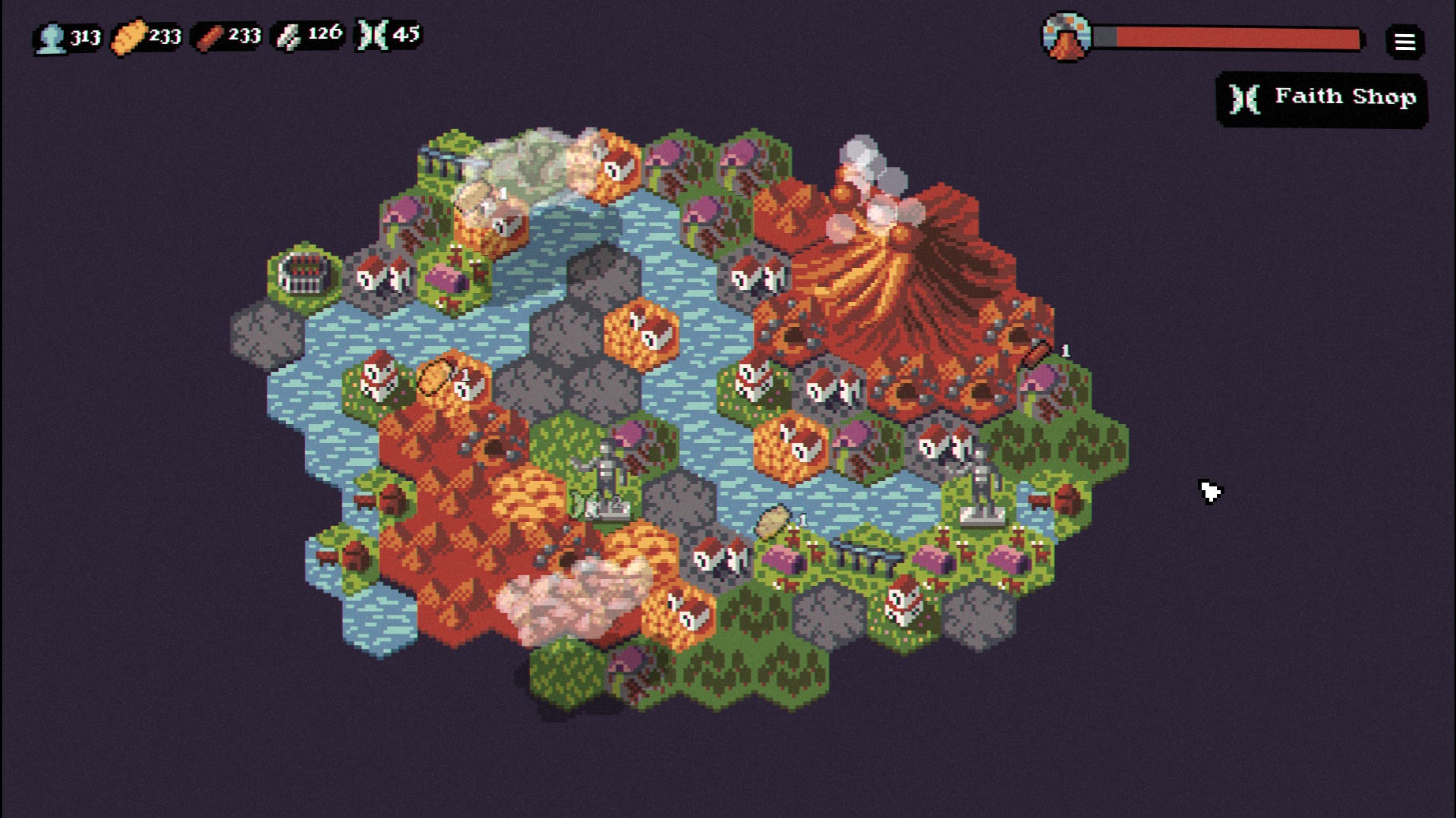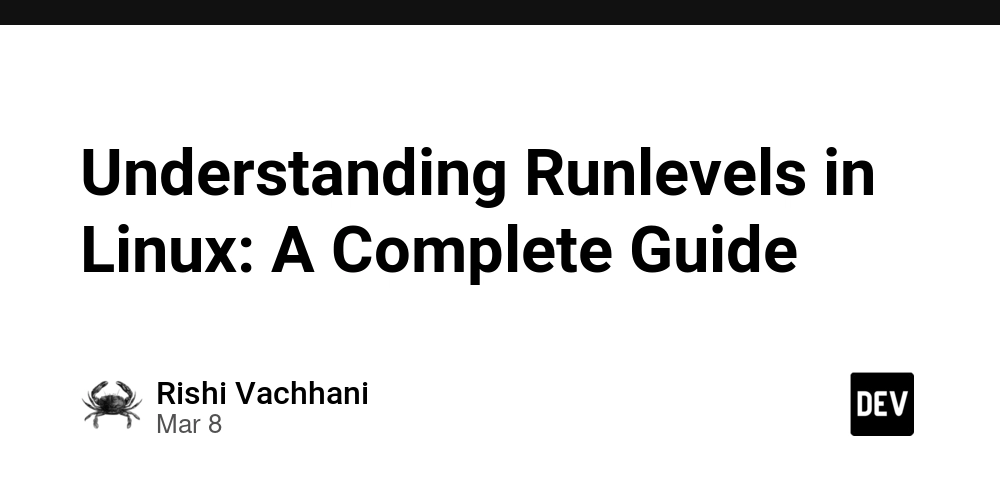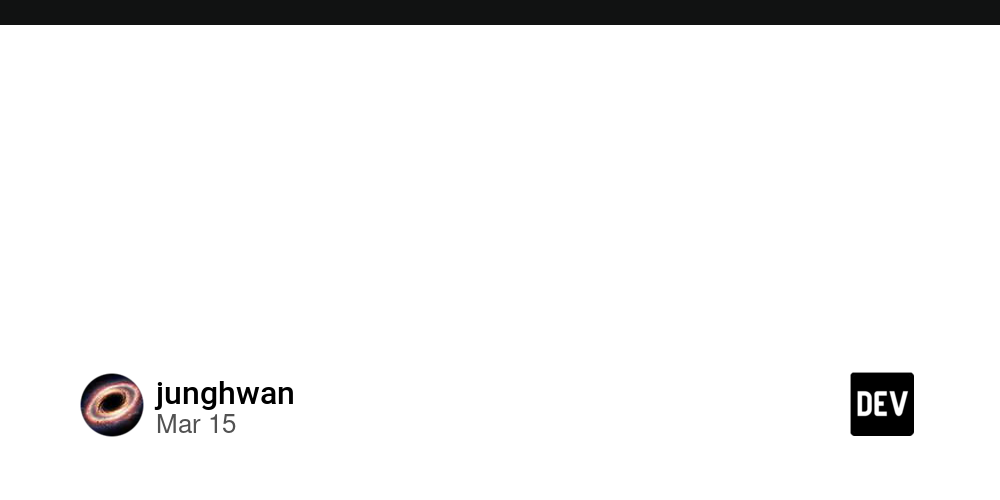Observables ♦️ Signals ♦️ Callforwards: 3 ways to manage reactive state
Two opposite approaches dominate the scene when we talk about reactive patterns for the UI in JavaScript: One is Observables, popularised by RxJS over the years and backed by the same science that backs functional programming. The other thing we have is Signals, designed to accomodate the more popular imperative programming paradigm used in a number of frameworks. Observables and Signals are opposite in that the former use the functional premise that everything is a function, whilst the latter promotes the everything is an action paradigm (doThis(), doThat(), assign this, reassign that). Observables are designed after monads, thus enabling perfect composition and scalability, making it easy to start small and grow big using the same design pattern. What some people don't realise is that Observables come like with a compositional/architectural language used to define how streams should behave, depend on each-other, wait, start, stop, etc. Programming with Observables means separating structure and flow from business logic. Structure and flow are defined using the so called "operators", while business logic is implemented as just plain functions. Signals, on the other hand, try to appeal to developers who work with the imperative paradigm as it is more familiar to them. More advanced implementations of Signals attempt to hide dependencies between each-other from developers to ensure effects (e.g.: UI updates) happen in the correct order and timing, but like any sort of good magic, this may come at a cost in implementation complexity, behind the scenes. So, the world is now divided in these two opposing, apparently unreconcileable paradigms. People keep discussing and arguing, but with the exception of one little playful attempt at harmonising the two, not much else has been done to create convergence. What if there could be another way? Say hello to Callforwards: a hybrid between Observables and Signals that proposes a lightweight, fast yet very powerful alternative to both. Callforwards are a bit like Observables but without operators. They are streams, implemented in imperative programming every step of the way middleware works in Express.js, where each step has a reference to the next() one. This should make it easier to absorb the concept of "Streams Oriented" programming without going all-in with Functional Programming and still benefit from similar compositional power. For a more in-depth introduction, you can check out this article. Current State Are callforwards production ready, or otherwise recommended as an alternative to either Observables or Signals? Not in the slightest (yet). They are an experimental construct for now, in their early days, actually looking for some community feedback, further scrutiny and validation. A project created for fun, but definitely ready for early adopters to start playing and creating something interesting, with a different perspective of the world! Examples See some Examples to play with, fork them, see what you can do with them! Learn More Lit HTML vs Rimmel JS - Comparing template-tagged UI libraries Event Adapters: splitting UI events from data models Introducing Streams Oriented Programming

Two opposite approaches dominate the scene when we talk about reactive patterns for the UI in JavaScript: One is Observables, popularised by RxJS over the years and backed by the same science that backs functional programming. The other thing we have is Signals, designed to accomodate the more popular imperative programming paradigm used in a number of frameworks.
Observables and Signals are opposite in that the former use the functional premise that everything is a function, whilst the latter promotes the everything is an action paradigm (doThis(), doThat(), assign this, reassign that).
Observables are designed after monads, thus enabling perfect composition and scalability, making it easy to start small and grow big using the same design pattern.
What some people don't realise is that Observables come like with a compositional/architectural language used to define how streams should behave, depend on each-other, wait, start, stop, etc. Programming with Observables means separating structure and flow from business logic. Structure and flow are defined using the so called "operators", while business logic is implemented as just plain functions.
Signals, on the other hand, try to appeal to developers who work with the imperative paradigm as it is more familiar to them.
More advanced implementations of Signals attempt to hide dependencies between each-other from developers to ensure effects (e.g.: UI updates) happen in the correct order and timing, but like any sort of good magic, this may come at a cost in implementation complexity, behind the scenes.
So, the world is now divided in these two opposing, apparently unreconcileable paradigms. People keep discussing and arguing, but with the exception of one little playful attempt at harmonising the two, not much else has been done to create convergence.
What if there could be another way?
Say hello to Callforwards: a hybrid between Observables and Signals that proposes a lightweight, fast yet very powerful alternative to both.
Callforwards are a bit like Observables but without operators.
They are streams, implemented in imperative programming every step of the way middleware works in Express.js, where each step has a reference to the next() one.
This should make it easier to absorb the concept of "Streams Oriented" programming without going all-in with Functional Programming and still benefit from similar compositional power.
For a more in-depth introduction, you can check out this article.
Current State
Are callforwards production ready, or otherwise recommended as an alternative to either Observables or Signals?
Not in the slightest (yet).
They are an experimental construct for now, in their early days, actually looking for some community feedback, further scrutiny and validation.
A project created for fun, but definitely ready for early adopters to start playing and creating something interesting, with a different perspective of the world!
Examples
See some Examples to play with, fork them, see what you can do with them!
























































































![This is Apple’s unreleased 10th anniversary Apple Watch band [Gallery]](https://i0.wp.com/9to5mac.com/wp-content/uploads/sites/6/2025/04/apple-watch-celebration-band0000-2.jpg?resize=1200%2C628&quality=82&strip=all&ssl=1)





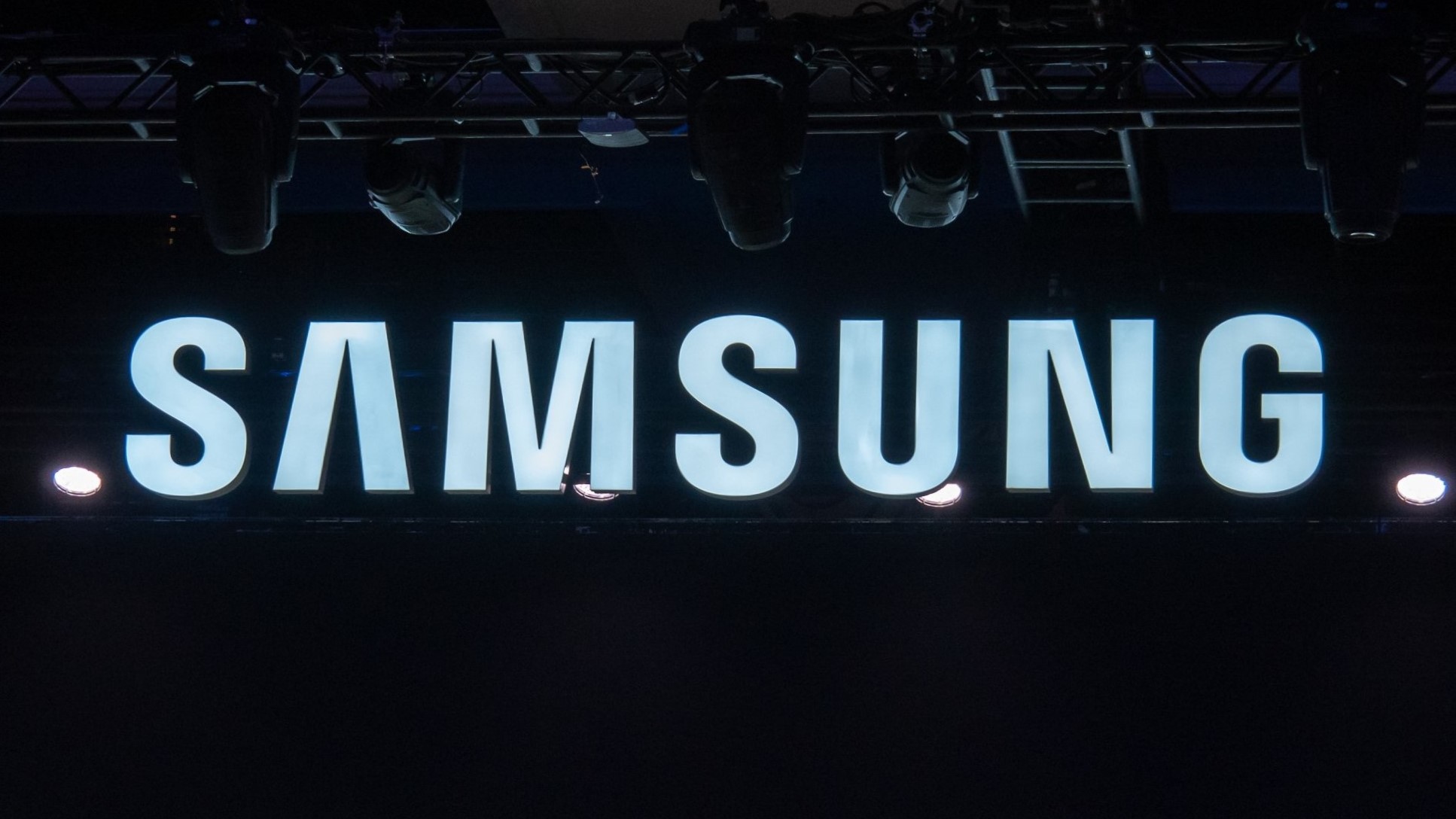



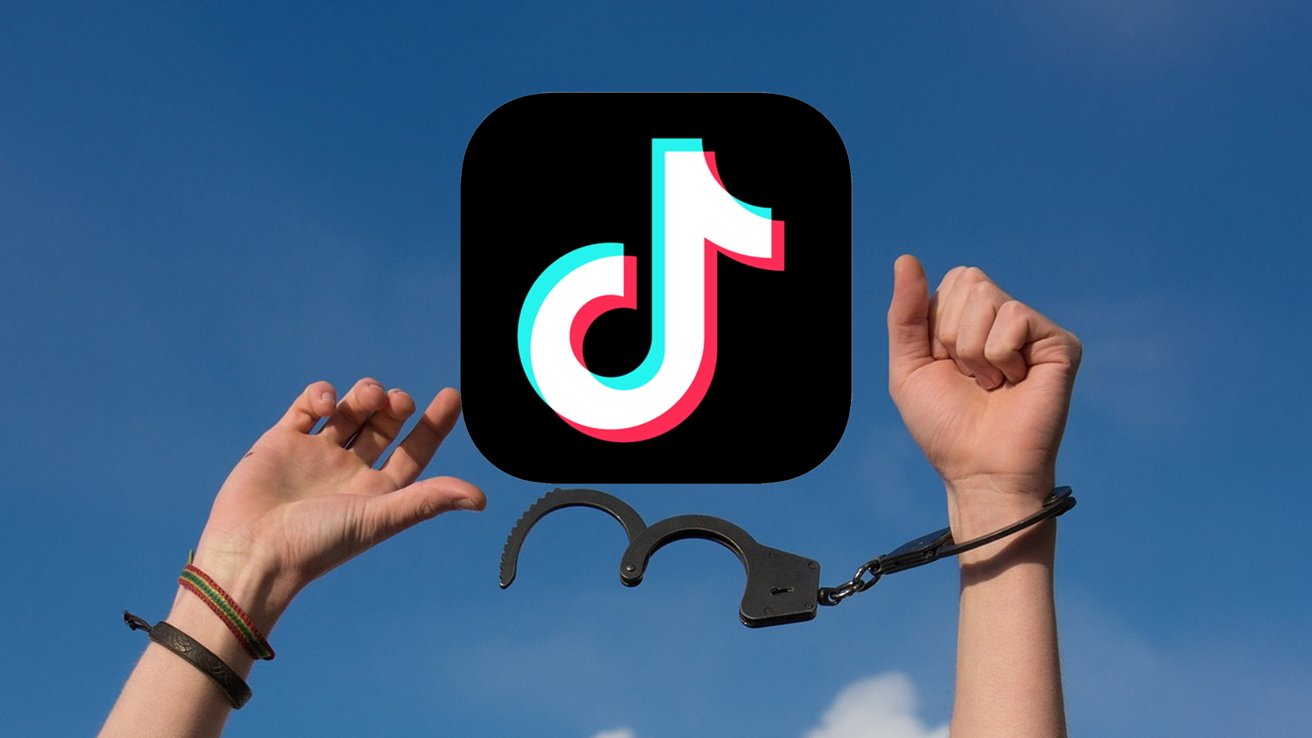





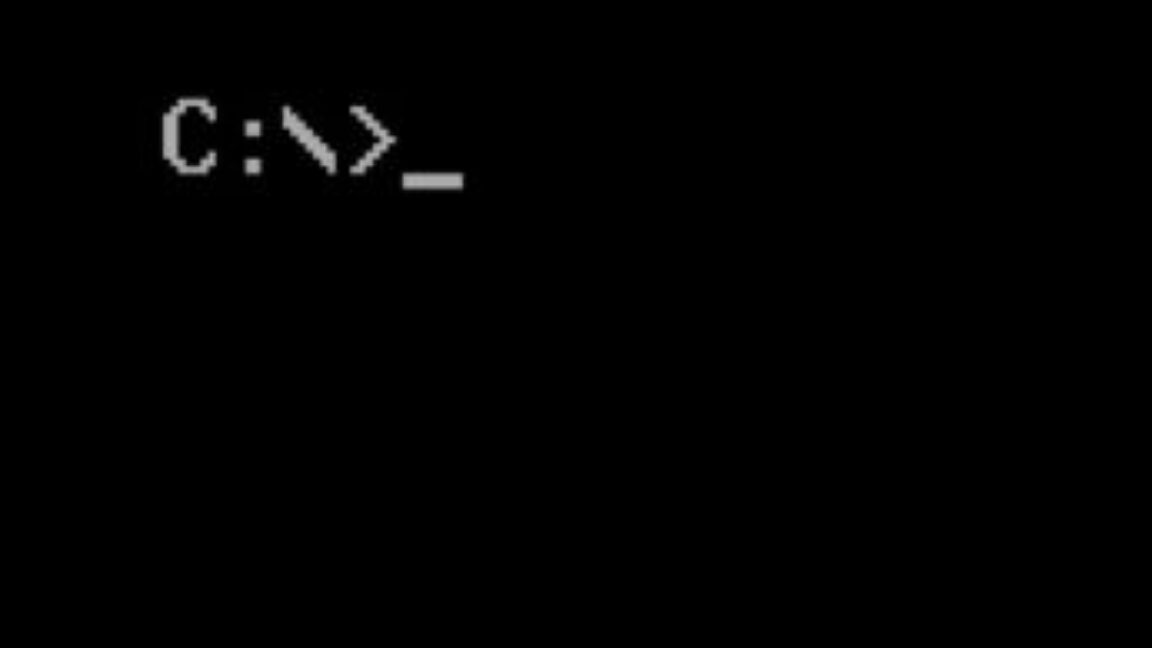


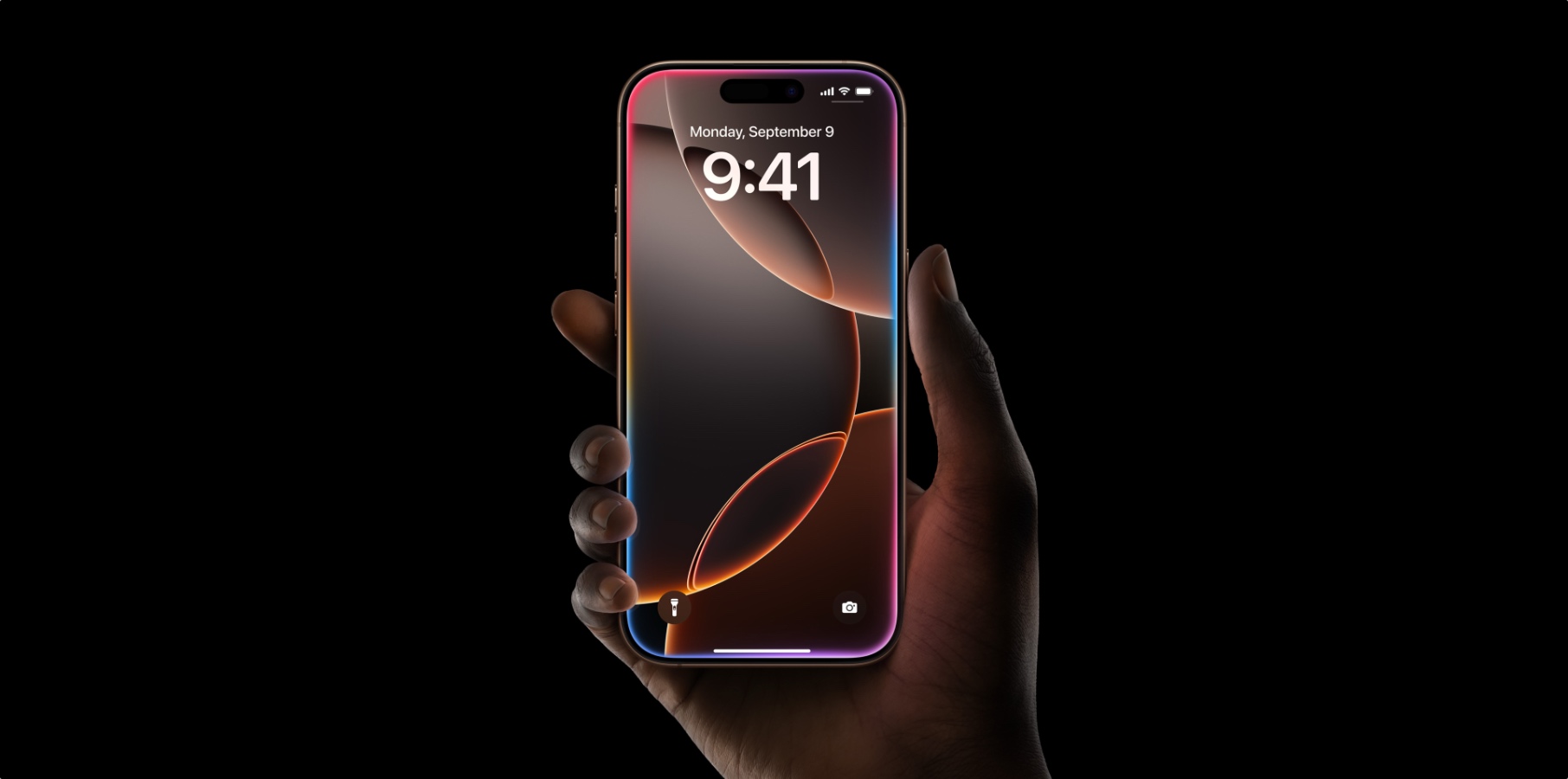
















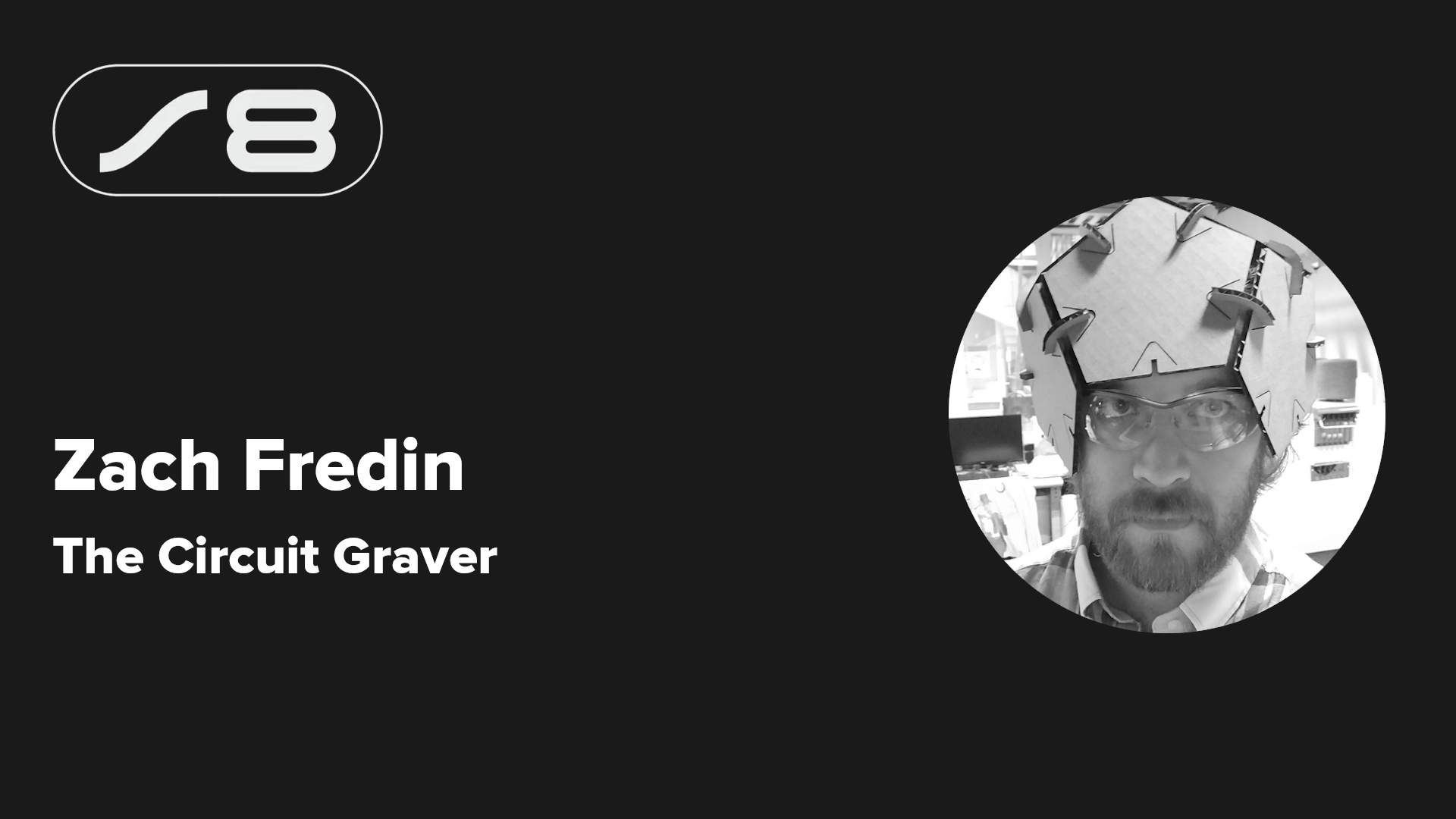

















































.webp?#)
_Christophe_Coat_Alamy.jpg?#)











































































![[The AI Show Episode 142]: ChatGPT’s New Image Generator, Studio Ghibli Craze and Backlash, Gemini 2.5, OpenAI Academy, 4o Updates, Vibe Marketing & xAI Acquires X](https://www.marketingaiinstitute.com/hubfs/ep%20142%20cover.png)



























































































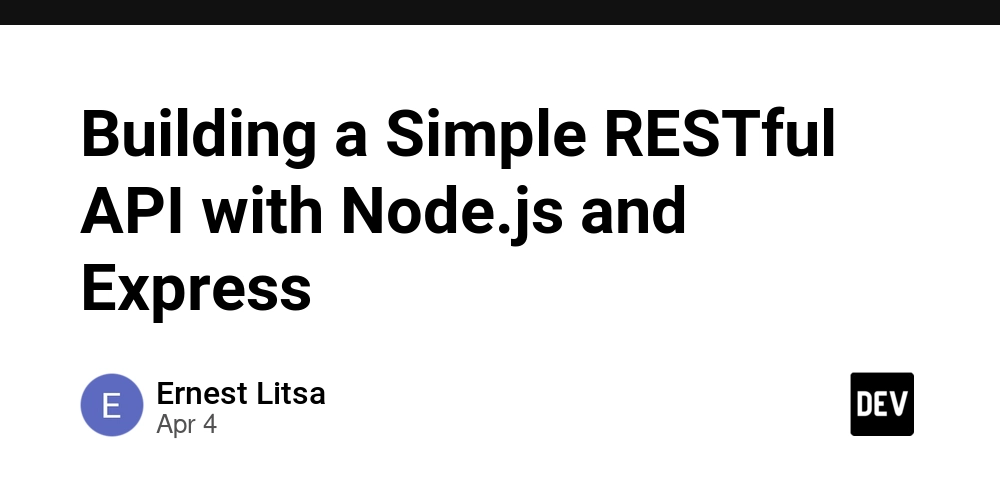
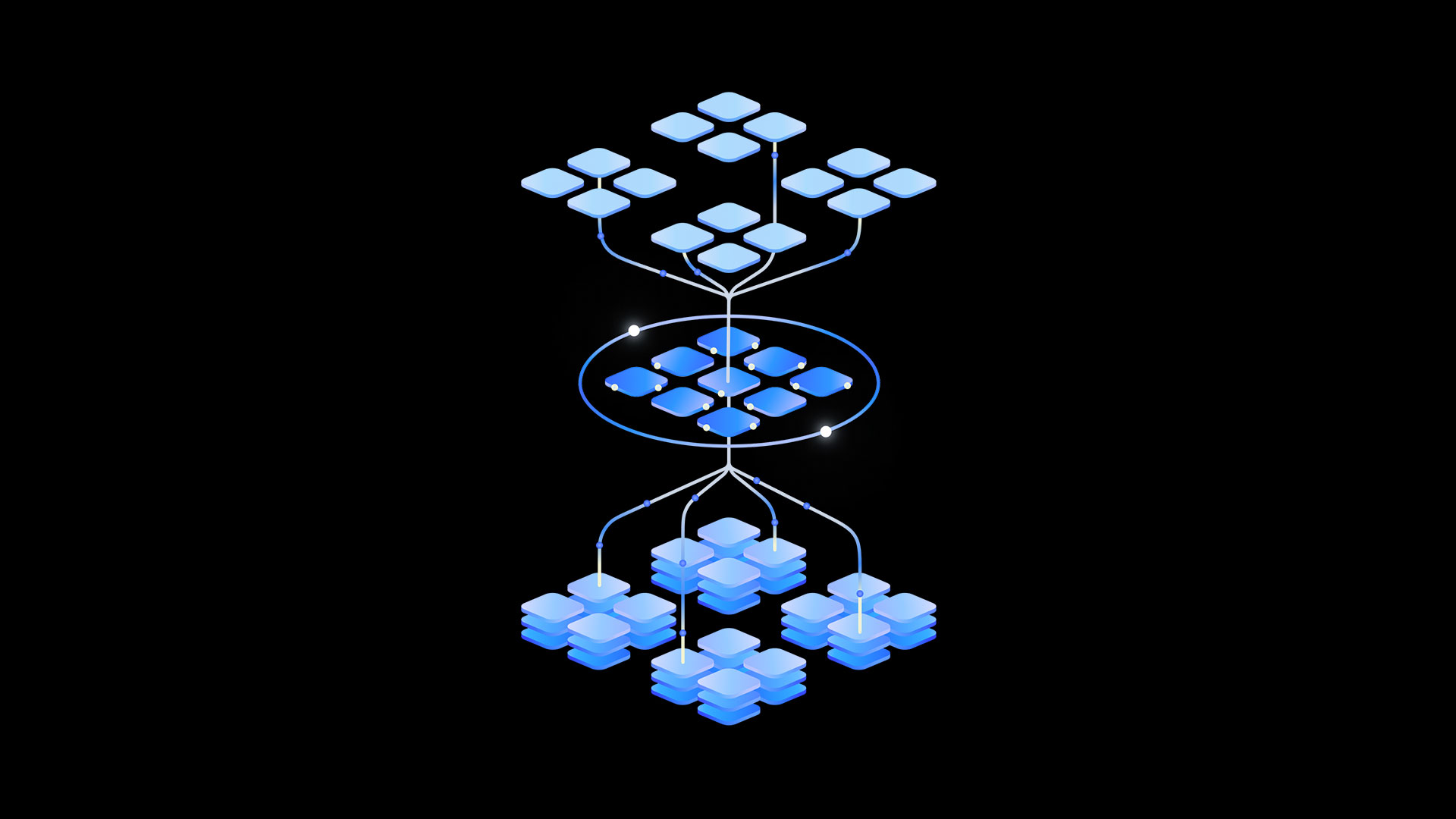


































































-Nintendo-Switch-2-–-Overview-trailer-00-00-10.png?width=1920&height=1920&fit=bounds&quality=80&format=jpg&auto=webp#)






















































